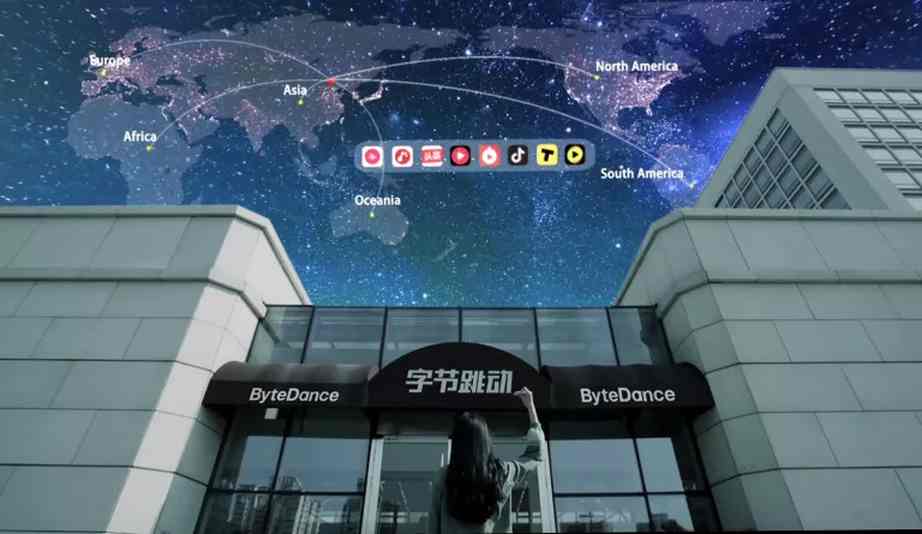China’s ByteDance overtakes Uber to become world’s most valuable startup; now valued at $75 billion

On September 28, we reported that China’s news-aggregation app Bytedance was seeking to raise $3 billion from SoftBank Group Corp. and private-equity firm KKR & Co at $75 billion valuation. This morning, Bytedance, the owner of popular karaoke video app TikTok and huge Chinese news aggregator Toutiao, announced it has secured the $3 billion round of investment making from Japan’s SoftBank, making it the world’s most valuable startup. The new fund brings ByteDance’s value to $75 billion, which takes it past Uber’s most recent figure of $72 billion.
ByteDance was founded by Yiming Zhang, a serial entrepreneur. After graduating from Nankai University, Zhang joined a Chinese search engine company that focused on flights and hotels called Kuxun. Kuxun was subsequently acquired by Tripadvisor. ByteDance’s content platforms enable people to enjoy content powered by AI technology. ByteDance’s content platforms enable people to enjoy content powered by AI technology. Bytedance also operates a series of products popular with mobile users around the world, including Topbuzz, Flipagram and a number of UGC short-form video apps.
As of November 2017, ByteDance had over 200 million daily active users across all of its content platforms. Between 2015-2017, the company rolled out and acquired a series of short-form video apps, including: Xigua Video, BuzzVideo, Huoshan, musical.ly, and others. To date, ByteDance has a global footprint, with operations in Japan, South Korea, Southeast Asia, North America, Europe, Brazil, and India.
In February 2017, ByteDance acquired Flipagram, a US-based popular short-form video app. In July 2017, ByteDance launched UGC short video platform Hypstar (now Vigo Video) in Southeast Asia. In November 2017, ByteDance acquired global news app News Republic and global video community musical.ly. In October 2018, it became the most valuable startup in the world.
ByteDance’s products and platform leverage artificial intelligence and machine learning algorithms to source and push content users find most interesting. The underlying technology learns users’ feedback and preferences through their interactions – time spent on each article, time of the day the user reads, pauses, comments, dislikes, and favorites. The engagement data from active users is fed into ByteDance’s algorithms, further refining the quality and relevance of content distributed to users.
ByteDance also uses AI create content. It uses machine learning to help creators predict viral content by comparing incoming articles with previous content that was widely popular. ByteDance’s use of AI and machine learning has differentiated ByteDance’s apps in China’s mobile Internet market. ByteDance also used computer vision technology such as object recognition to automatically tag and understand videos and images in order to facilitate recommendations across different languages. In 2016, ByteDance’s AI Lab and Peking University co-developed Xiaomingbot, an artificial intelligence writing bot that writes its own news article. The bot published 450 articles during the 15-day Summer Olympics.

